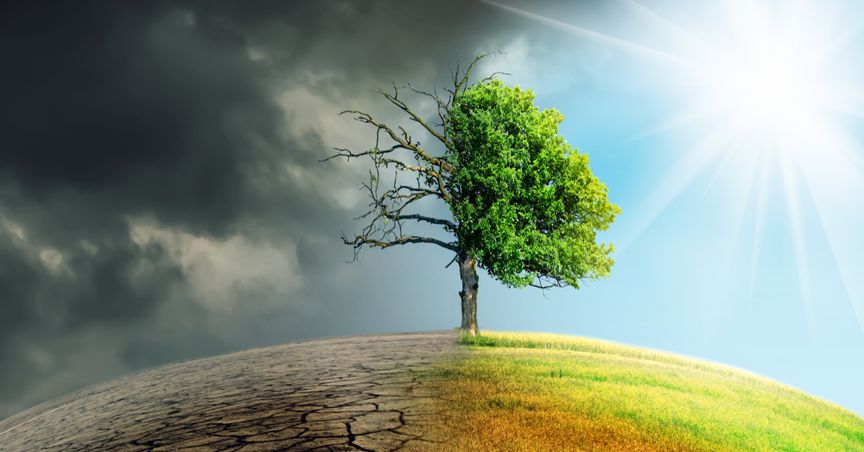Highlights
- Australia has committed an additional $500 million to support Pacific and Southeast Asia climate change issues.
- The World Resource Institute says Australia needs to spend around $3 billion a year if it wants to contribute meaningfully to fight climate change.
- In the latest assessment of 60 countries for their response to climate change, Australia ranked last.
During the second week of the United Nations climate change conference, COP26, Australian Prime Minister Scott Morrison has committed an additional $500 million to support Pacific and Southeast Asia climate change issues. The latest injection of funds by Australia towards fighting climate change has taken its commitment to a total of $2 billon for the 5-year period, ending 2025, which is double the spending made in the 5-year period.
Morrison said in a statement “Australia’s assistance will support Pacific and Southeast Asian countries to enhance climate resilience for future infrastructure investments, including roads, schools and bridges. It will also drive private-sector-led climate solutions that support clean technology, jobs and growth across our region”
“We must empower and enable developing countries to industrialise and lift their incomes and standards of living in a new, decarbonised energy economy,” he added.

Image Source: Comfreak from Pixabay
Despite stepping up Australia’s contribution to fight climate change, some experts think more aggressive measures and funding are required than what Australia has planned. The World Resource Institute, a global research organisation that works closely with governments and businesses to protect nature, says Australia needs to spend around $3 billion a year if it wants to contribute meaningfully to limit global warming under 1.5 degrees Celsius.
ODI, a global independent think tank that aims to deliver a transformational change for people and the planet, also asks for a yearly contribution of US$2.9 billion from Australia.
Read More: Overview of COP26: Glasgow’s two-week climate summit
Apart from the global contribution, the pressure on the Morrison government to amp up its policies to fight climate change and lift its 2030 emission target continued in the COP26 summit. Based on a document released by the British host at the summit, negotiations also pushed countries that have not improved their short-term targets to improve them in 2022. Australia was among one of those countries.
Australia refused to sign a pledge to cut down its emissions of greenhouse gasses, refusing to improve its 2030 emissions target. Australia’s response to climate change has been regarded as one of the worst performing. In the latest assessment of 60 countries for their response to the climate change, Australia ranked last. Overall, it secured the 55th spot, but came last in climate policy, the only country to get a zero score in that category.
In fact, Australia resources minister, Keith Pitt, went on to say since Australia is a major fossil fuel exporter, the country would continue to sell “as much coal as other countries will buy.”
Read More: As the world debates climate change, what is impact investing?



